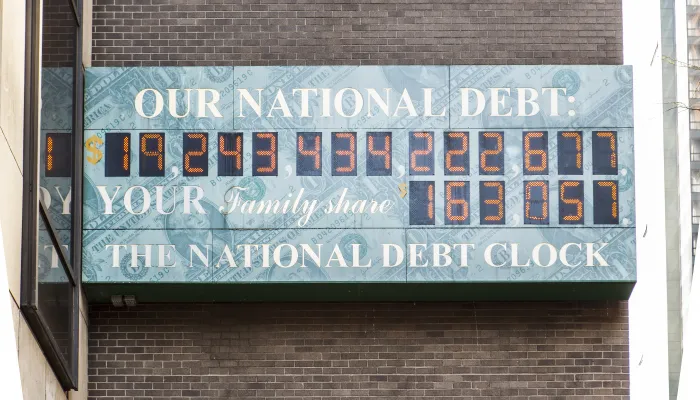Market Watch: April 3-8
The federal budget this week has been on everyone’s mind and television set. With the federal government set to shut down tonight at midnight if no budget is passed, markets have been keeping an eye on what is happening here in Washington. Currently, no agreement is in place and signs increasingly point to a government shutdown with agencies and leaders in both parties preparing.
This is bad news for everyone; markets will almost certainly react negatively. A government shutdown could have significant economic effects, and would impact government contractors, federal employees, taxpayers expecting refunds, tourists, and homebuyers, among others. More significantly, a shutdown could hurt market confidence. If policymakers cannot come to an agreement on funding government for only a few short-months where the differences are only several billion dollars, how will they come together to raise the debt ceiling? And how will they be able to deal with our looming fiscal challenges?
On the international front, Portugal has chosen to seek international aid from the EU to deal with their excessive debt. The prospect of this bailout has eased market fears about Portugal’s finances; according to Erik Nielsen, chief European economist at Goldman Sachs, “[t]his is good news. We've been saying for a while that Portugal's finances were not sustainable at these rates. We think the contagion stops here.” They are expected to recieve between $86 billion and $115 billion.
Meanwhile, food and gas prices have continued in their upward trend; oil prices have risen from $107.94 last friday, to $111.90 today. Some analysts have argued that these price increases will offset the positive stimulative effect of the tax cut deal (which included a payroll tax holiday) last year. They could also lead to increases in overall inflation, which could put more pressure on the federal reserve to increase interest rates, as some central banks have already begun doing.


